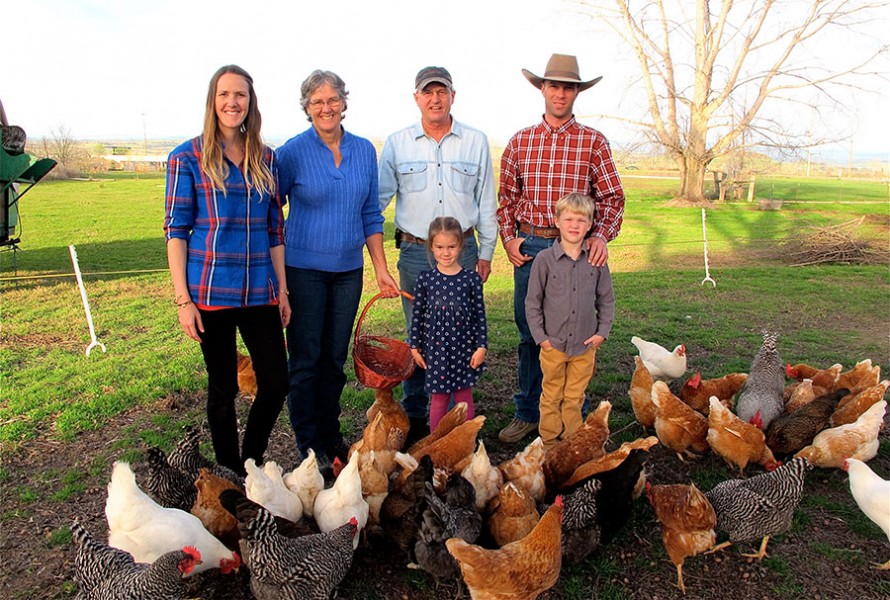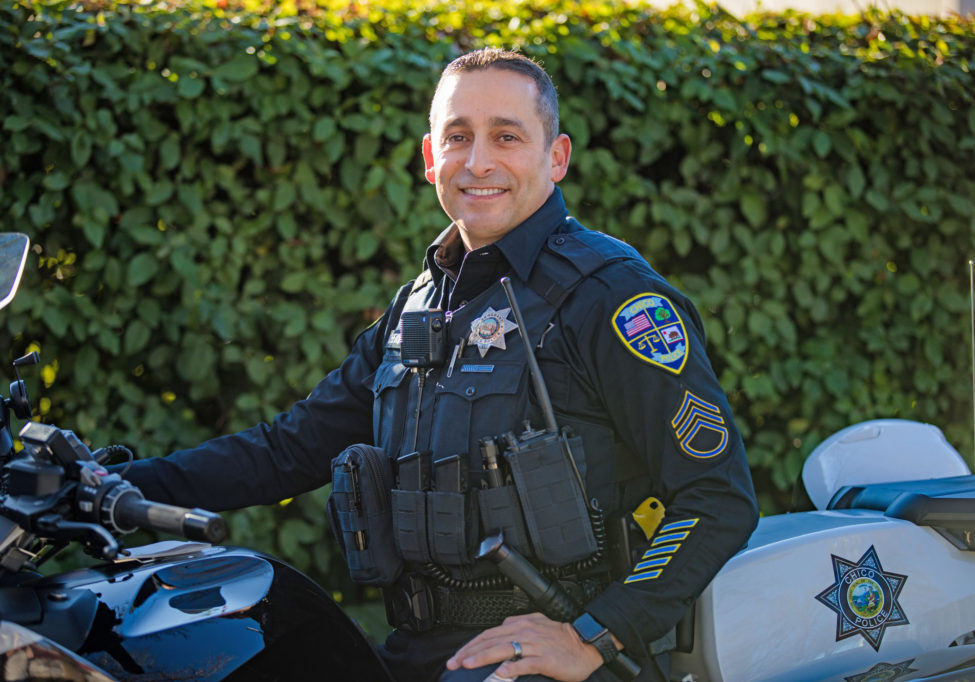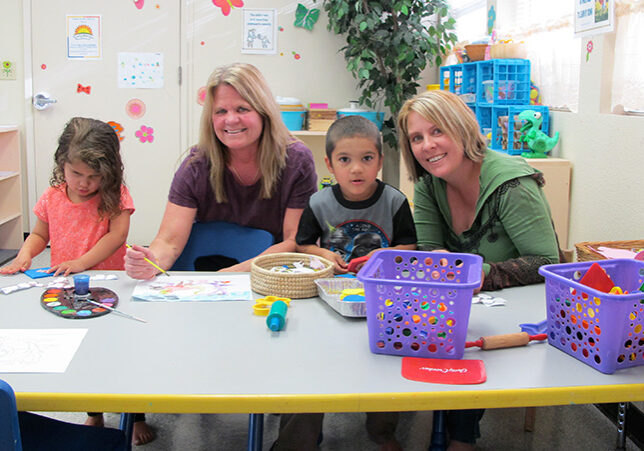Keith Book always knew he wanted to be a farmer, while his wife, Joy, was voted “least likely to ever live on a farm” in high school. Together, along with their family, they carry on the American tradition of multi-generational family farming at Book Family Farm in Durham. The farm and family have always had a strong connection to the community. It began in the 1980s with a pumpkin patch that offered horse-drawn wagon rides to groups of local kids on their 245-acre farm, where Grandma Bea and Grandpa Jim Book lived along with their two sons and daughter and their respective families.
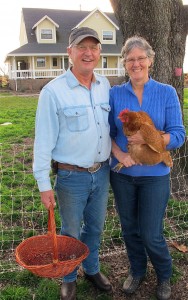 “Living on a multigenerational farm we learned to live not just unto ourselves; we learned to love, to take care of and love other people’s children, and the value of interdependence, since we all had to work together to get the work done,” Joy explains. Keith adds, “It was awesome for the kids to grow up with cousins, aunts, uncles and grandparents and experience the farm and that connection to the land. The kids also benefited by learning a good work ethic – it was expected that they would work.”
“Living on a multigenerational farm we learned to live not just unto ourselves; we learned to love, to take care of and love other people’s children, and the value of interdependence, since we all had to work together to get the work done,” Joy explains. Keith adds, “It was awesome for the kids to grow up with cousins, aunts, uncles and grandparents and experience the farm and that connection to the land. The kids also benefited by learning a good work ethic – it was expected that they would work.”
And work they did, from planting, weeding, and hoeing rows of pumpkins, to helping visitors who came to the pumpkin patch. But unlike a regular after-school job, the Book kids looked forward to the peaches & ice cream Grandma Bea served them before they started!
Most of the Book family still lives on the farm today, including four adult grandchildren and three great-grandchildren. Grandma Bea died in 2007. Grandpa Jim, now age 89, is well taken care of by his children, who take turns hosting him in their homes.
In the community, people who visited Book Family Farm as children now bring their own kids and even grandkids to experience the farm. “People love coming to the farm – it brings generations together. Kids can run around and be noisy and adults can relax and enjoy it in their own way,” says Joy. “We love sharing the farm, and it’s great to have this connection with our community. We hope to inspire the next generation of farmers.”
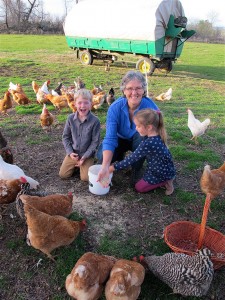 Life on the farm hasn’t been without its challenges, including crop failures, deaths of animals, and perennial financial challenges. As a family farm, there have also been relationship challenges and lots of learning about how to live together and respect differences. “We handle these challenges by praying a lot, leaning in during hard times, and maintaining hope that somehow it will all work out,” says Joy, recalling the wise words of Grandma Bea, who would always say, ‘This too shall pass.’”
Life on the farm hasn’t been without its challenges, including crop failures, deaths of animals, and perennial financial challenges. As a family farm, there have also been relationship challenges and lots of learning about how to live together and respect differences. “We handle these challenges by praying a lot, leaning in during hard times, and maintaining hope that somehow it will all work out,” says Joy, recalling the wise words of Grandma Bea, who would always say, ‘This too shall pass.’”
Today, Joy and Keith practice rotational grazing and raise grass-fed cattle, pastured pork, and chickens. They were inspired by author Michael Pollan, and also farmer and author Joel Salatin, and came to understand that “it matters what you eat, and it also matters what you eat, eats.”
With the farm open to the public year-round, the Books love to get people thinking about where food comes from, and to give them the opportunity to experience the true joy of farming and an understanding about the hard work that goes into it. Among other activities, visitors can observe animals and learn about their roles and what they eat, help out with feeding and egg gathering, help make butter, and learn about grass, soil and rotational grazing.
Keith and Joy consider it a privilege to be both “a link to the past and a doorway to the future.” Keith says, “The grass farming we are doing now was what was done everywhere until the mid-1900s, and the more that research is being done, the more it’s becoming clear that it’s the way farming, food and the earth can be in balance.” Without really setting out to do so, the Books are showing people what life used to be like in the past while inspiring hope for how our food system can become sustainable.
To contact Joy or Keith Book, find them on Facebook at http://www.facebook.com/BookFamilyFarm
Posted in: Be The Change
Comment Policy: All viewpoints are welcome, but comments should remain relevant. Personal attacks, profanity, and aggressive behavior are not allowed. No spam, advertising, or promoting of products/services. Please, only use your real name and limit the amount of links submitted in your comment.
You Might Also Like...
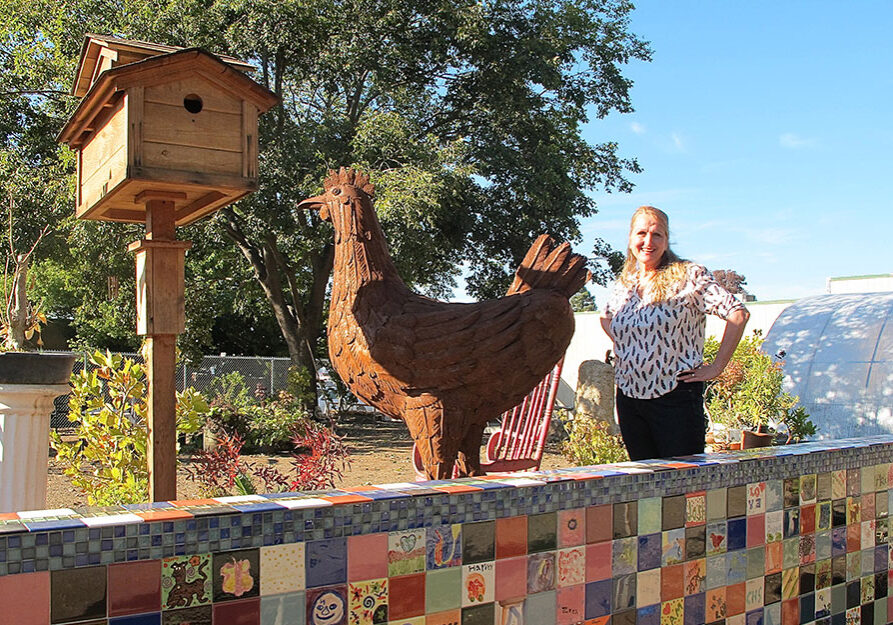
Be the Change – Teresa Wolk Hayes
Teresa Wolk Hayes’ life changed forever on the day that her son was diagnosed with full-spectrum autism more than 20 years ago. Much like the Little Red Hen in the […]
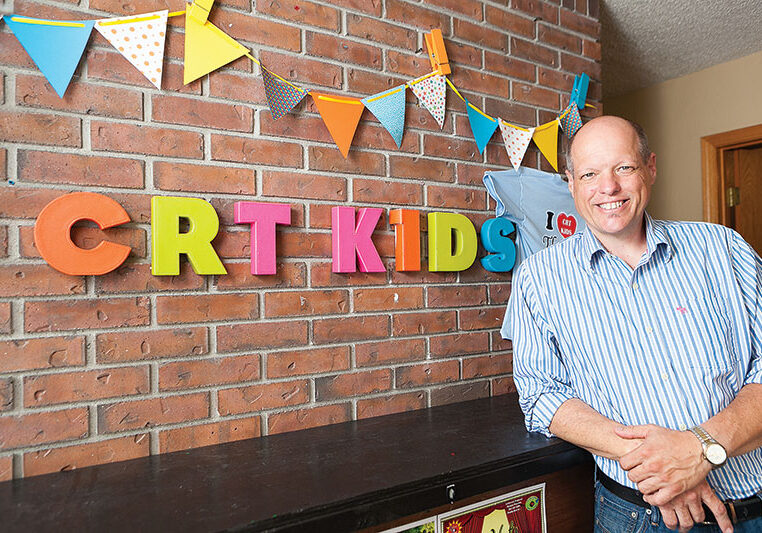
Be The Change: Bob Maness: Passing the Torch
Bob Maness, owner and director of California Regional Theater (CRT) in Chico, knows that kids are our future. “Bob is very innovative and involved in passing the torch to the […]
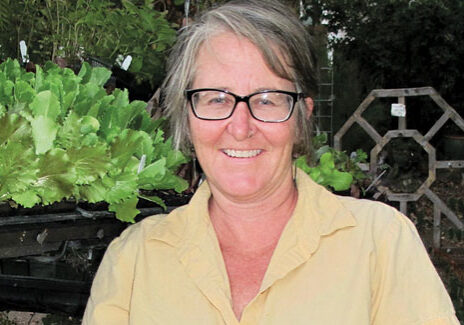
Sherri Scott: Be the Change
Sherri Scott had little idea how registering for horticulture courses at San Francisco City College would change her life. Originally from the Los Angeles area, Sherri had minimal exposure to […]
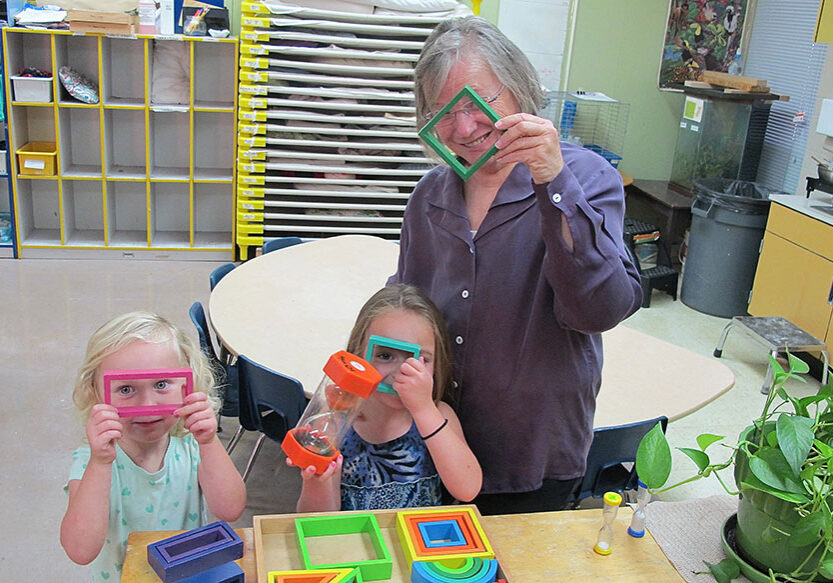
Be the Change: Cindy Ratekin, PhD – Helping Children & Families
Cindy Ratekin, PhD, is passionate about helping children and families thrive through understanding and respecting the unique qualities, abilities and contributions of each individual. As professor of child development at […]


